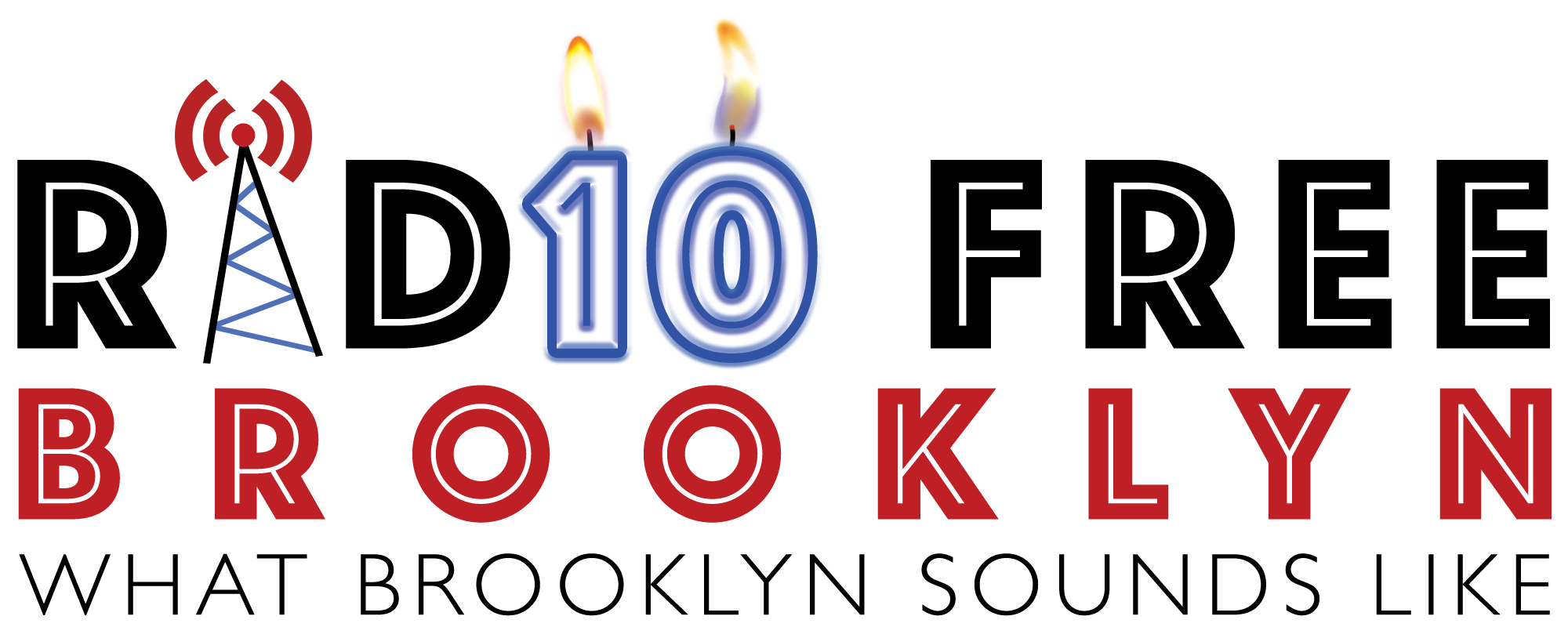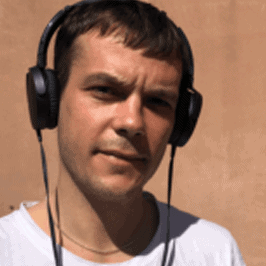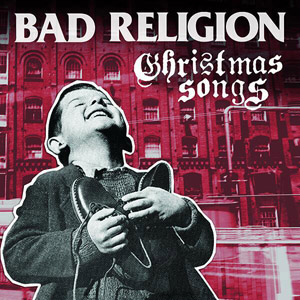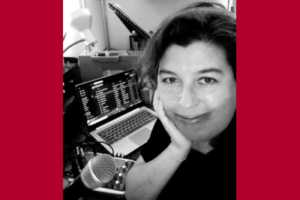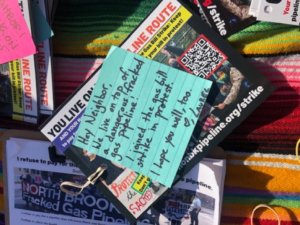RFB: You’re originally from Australia—the whole other side of the world — and hemisphere! Tell us a little about yourself and the creative (or other) path(s) that led you to NYC—and Radio Free Brooklyn?
FT: After finishing high school or university, many Australians go abroad, whether it’s for a few months, years or a lifetime. We’re isolated, so I think we feel an urge to get out at some point… at least we did before Covid-19. Often it’s not just to explore, but for us to make our mark somewhere: in London, Berlin, New York, L.A., etc.
I moved to NYC nearly five years ago and it’s taken almost all this time to realize I should probably figure out what my “mark” would be. I dabbled in writing but didn’t enjoy it enough. Then I discovered podcasts, specifically audio storytelling, and haven’t stopped listening. Back in Sydney, I loved listening to “Conversations with Richard Fidler,” broadcast by the ABC (Australia’s BBC equivalent). Audio storytelling is everywhere now, and the entry barriers are low. Last year, I took a course run by Transom Media on how to make audio stories like those on “This American Life,” and produced one about someone living with PTSD who had several breakthroughs from using MDMA in therapy. It was a bit amateur, but I enjoyed the experience. I was also unsure where to go with it afterward, so asked my course tutor for advice. He recommended volunteering at a local radio station… and here I am. Thank you David Weinberg (course tutor) and Radio Free Brooklyn for making this possible!
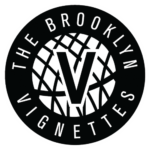
RFB: What made you choose RFB as your host/platform?
FT: Radio Free Brooklyn seemed well organized and open to people of different abilities. I came to see the station as an ideal place to launch a show about Brooklyn: if they’re “What Brooklyn Sounds Like,” I felt a show about its residents would be well suited. It’s also down the road from where I live, haha.
RFB: I love that you’ll be featuring stories and memories from Brooklyn residents, it’s like each episode will be it’s own little time capsule! What made you choose this storytelling form, and how do you choose the music for each episode?
FT: I choose to feature short stories because what I’m seeking is a small personal moment — something both raw and candid — a little nugget of gold in the form of a memory / confession / thought, etc., as opposed to someone’s entire life story. Most of the people I interview are strangers I meet in public (at least they were before the coronavirus made it risky). They aren’t professional storytellers, but ordinary people who are willing to have a conversation with me. I guess it’s similar to “Humans of New York,” but in a different medium. And like “Humans of New York,” I essentially seek the same thing — a connection with someone that leads to an interesting personal story. In my case, it’s the stories of people who live in Brooklyn. Assuming we all have one to tell, that’s about 2.4 million. From this perspective, small vignettes make more sense.
The music I choose is pretty random, from all corners of the globe and from different eras. I want the show to have the overall feel of a bedtime story, so I choose songs that are slow, melodic and at times a bit dreamy. They’re usually instrumental, so the people I interview have more importance than a song’s lyrics. Since the show is about Brooklyn and its diverse residents, I also feel the music should reflect that.
The songs I choose also reflect the vibe of each story. For example, in Episode 2 there’s a story from a Bushwick native who was just released from prison after serving 17 years. He describes his struggles with his new life outside of prison and bonding with his daughter after spending so much time away. However, he ultimately talks about the optimism he has for his future. I chose the instrumental cover of “Everything in its Right Place” by the Brad Mehldau Trio (originally by Radiohead) to follow his story because it captures both his melancholy — and hope.
RFB: How do you choose your guests? Do you have a dream guest? If so, who would that be?
FT: So far, I’ve interviewed a few friends… people I felt would be interesting. The others were approached on the street (pre-Covid-19, of course), mostly in Bushwick, but also in Park Slope, Red Hook and Bed-Stuy. I went up to people who didn’t look too busy and also chose them based on whether they looked like they had / wanted to tell a story, but appearances often deceive. It’s hard to tell if someone wants to talk, so quite a lot of rejection comes with that — it seems many would rather give me a dollar than 20 minutes of their time.
For my first show I also put an ad out on Craigslist for people willing to have a conversation. One person responded, so in a sense, that guest chose me. We had a recorded phone conversation and although I prefer street interviews, the current situation makes that difficult — not to mention irresponsible — so I’m now re-considering my approach and thinking of doing more phone interviews. As for dream guest, anyone in Brooklyn who’s willing to have a conversation with me is my dream guest!
RFB: What is the takeaway you hope people get from “The Brooklyn Vignettes?”
FT: I think we all lead pretty fascinating lives filled with contradiction and complexity. Day to day, we may not see our lives unfolding in a fascinating way, but if broken down into certain moments we certainly can see what is fascinating. On one hand, these moments are what make us unique. On the other, they are what bind us. We all lead lives punctuated by moments of change, moments of beauty / sadness / weirdness etc., in any combination. Our stories bind us because we can all relate to a certain extent, to what someone goes through. However, we’re usually not given a chance to articulate what we go through, let alone have it recorded and published. My goal is to have conversations with people that lead us to interesting places. I guess I just want people to discover the ‘interesting’ in others.
New episodes of “The Brooklyn Vignettes” podcast are released each month.
